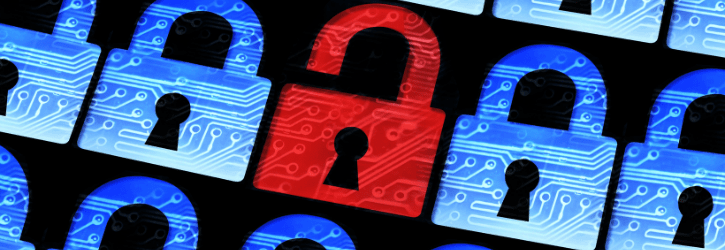
Sign-up to a data breach claim today - use our quick and easy form to begin your claim for thousands of pounds in compensation.
Experts are suggesting that people should start taking steps to protect their Wi-Fi from being hacked. Because once hackers are in, they’ll have access to any device that’s connected to the Wi-Fi – including your phone, laptop, smart TV, iPad, Tablet, games console… any device at all.
So, what steps should you be taking?
“I” newspaper recently covered this and offered some advice for keeping your Wi-Fi safe from intrusion.
Your Wi-Fi password should contain a mixture of upper and lower case letters, numbers and special characters. Don’t use simple and overused passwords like ‘password’, ‘wifi’, ‘letmein’, ‘4321’, ‘qwerty’, ‘guest’ etc…
It may also be worth changing the name of your network as the default name may contain the provider’s name (BT, Brightbox, TalkTalk) and indicate what format the password may be in.
If your Wi-Fi network allows for WPA2 Wireless Encryption, some advise you should enable it. Encryption can mean any simple text can be scrambled using a complex logarithm into unintelligible gibberish. This can be a simple yet effective way to protect your information. You should be able to check your router to see how you can enable this feature, although older routers may not provide this, but can sometimes be upgraded.
You may be able to use a router’s built in firewall and “stealth mode” to reduce visibility of your network from prying hackers as well. Unless they’re directly targeting you, hackers are unlikely to specifically look for hidden networks over the ones that are open and obvious.
I-news provides the following instructions for turning on your router’s firewall:
Your server may allow for administrative changes to be made wirelessly, like changing the network name and password. However, you probably don’t need this feature to be on all the time and could be risking a hacker using it as a point of entry. Disabling it so access to your router can only be obtained through a physical connection via an Ethernet cable is anther layer of defence.
Public Wi-Fi networks can be risky as anyone can try and sign into them. Hackers could join the same network and perhaps infiltrate your device using your connection. From there, they may be able to see what sites you use and track your location.
The advice is to always be very cautious of public Wi-Fi networks that require you to provide your email address, phone number and create a login. You should be cautious about providing personal information when using an unsecured network.
Hackers are known to provide bogus “free public Wi-Fi networks” to lure people into providing their login information as well. That’s certainly something to be wary of.
EasyJet admits data of nine million hacked
British Airways data breach: How to claim up to £6,000 compensation
Are you owed £5,000 for the Virgin Media data breach?
Virgin Media faces £4.5 BILLION in compensation payouts
BA customers given final deadline to claim compensation for data breach
Shoppers slam Morrisons after loyalty points stolen
Half a million customers can sue BA over huge data breach
Lawyers accuse BA of 'swerving responsibility' for data breach
The biggest data breaches of 2020
Fill out our quick call back form below and we'll contact you when you're ready to talk to us.